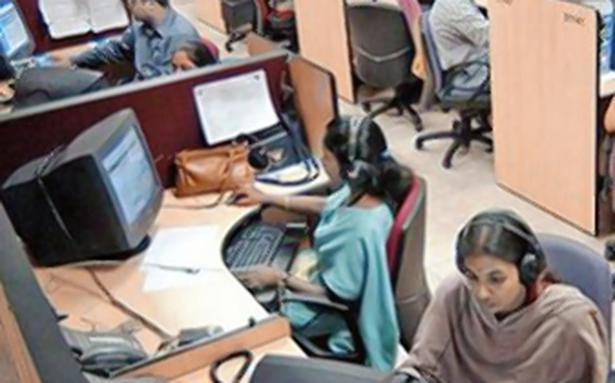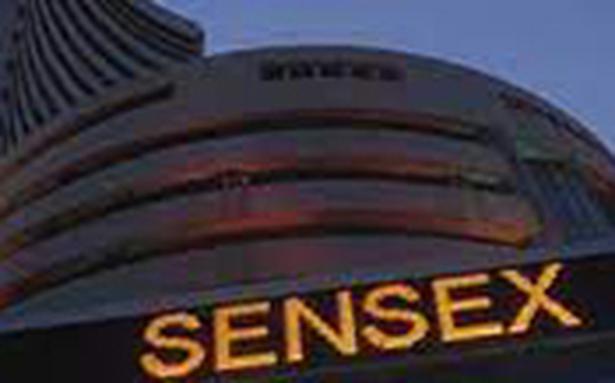Consumers could face rising prices in the coming months as input costs rise at their fastest pace in 11 years
Consumers could face rising prices in the coming months as input costs rise at their fastest pace in 11 years
India’s services sector posted its strongest growth since December 2021, according to the S&P Global India Services Purchasing Managers’ Index (PMI), which rose to 53.6 in March from 51.8 in February. A score of 50 on the PMI indicates no change in business activity.
However, on a quarterly basis, the months of January to March 2022 recorded the weakest period for service players in 2021-22, with an average score of 52.3, down significantly from the previous quarter’s 57.4.
Input costs rose the most in 11 years in March 2022 as operating costs were boosted by higher chemical, fuel, raw material, retail, transport and vegetable prices.
Services PMI also signals a further decline in services jobs in March, although the rate of contraction has slowed. While some service companies passed on some of the higher input costs, consumers are likely to face rising prices in the coming months due to the rising cost burden.
Greater footfall from the easing of COVID-19 restrictions boosted contact-intensive services, but domestic sales drove most of the services’ growth as new export orders continued to fall.
The fall in new export orders was sharp, the fastest since last September, and inflationary risks continued to dampen corporate optimism about future growth prospects.
For the first time in seven months, input price inflation was more pronounced in services than in manufacturing. Across the private sector, cost burdens rose at their highest rate in nearly a decade, according to S&P Global.
“The war in Ukraine exacerbated ongoing problems in supply chains and triggered a renewed acceleration in inflation across India’s service economy. March results showed the sharpest increase in input costs in 11 years, but that hasn’t slowed the sector’s recovery,” said Pollyanna De Lima, the company’s deputy commercial director.
While consumers were keen to go out and spend as pandemic restrictions eased. Ms De Lima noted that inflationary risks continued to dampen business optimism about growth prospects as sentiment among service companies remained subdued by historical standards.
“This lack of confidence in the outlook also meant that employment continued to decline in March,” she stressed. Within services, finance and insurance had the best month in terms of revenue and output, while real estate and business services were the weakest link, posting larger declines in new orders and activity.
Consumer services saw the largest increases in input costs, while transportation, information and communications saw the largest fee inflation, S&P Global said in a note on the PMI survey based on responses from 400 companies.
Combining the services and manufacturing sectors, overall output growth hit a three-month high, with the S&P Global India Composite PMI Output Index rising to 54.3 in March from 53.5 in February.



